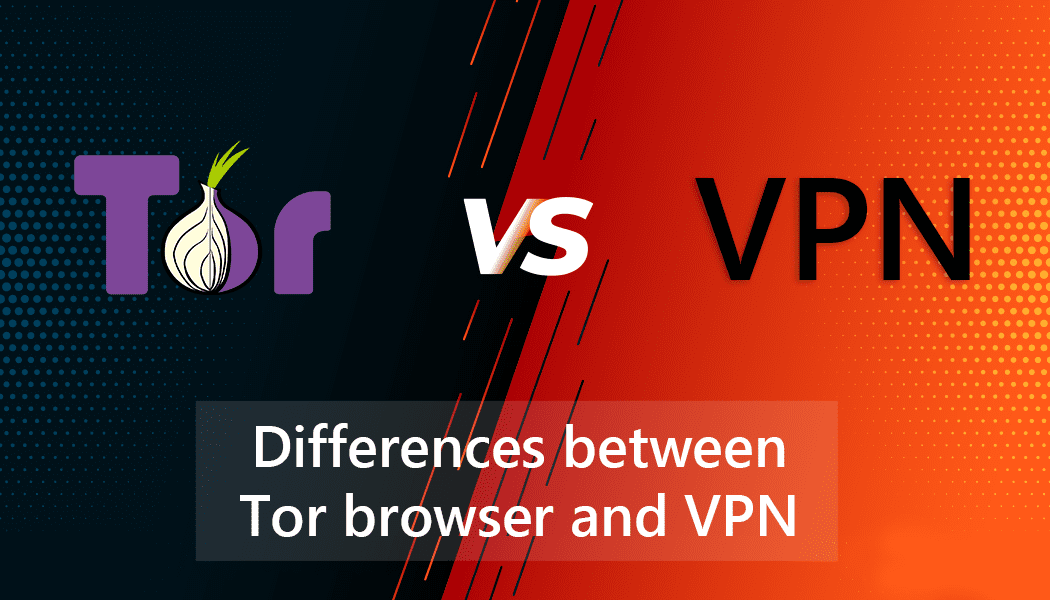

So what’s the difference between Tor and a VPN, and which should you use? They also both use encryption, which scrambles the contents of data sent to and from the internet so no third parties can decipher data that they happen to intercept. This hides the user’s real IP address and location from third parties, making users difficult to track. For those who might wonder how these are useful here, the wiki entry says they can be used to force all traffic through Tor.A VPN and the Tor network share a lot in common, but they have different uses.īoth use proxies that act as relays through which internet connections are redirected. (Side note: An edit to the question confirmed that it is not referring to self-hosted VPNs. But it should not matter which way around you put the hops: either Tor or the VPN can come first. Regarding speed, of course adding an extra hop is always going to increase latency compared to using Tor alone. Your Tor usage and even your browsing patterns might be revealed through traffic fingerprints according to the wiki entry, there is no research on this. Of course, this all assumes you go through the VPN, then Tor.īut be warned: routing your Tor traffic through a VPN is no guarantee of hiding your Tor usage. On a slightly off-topic note, a VPN can help to circumvent censorship of Tor, either by your ISP or the server operator’s ISP, and may look less suspicious than Tor. (Going through Tor, then a VPN, is also difficult to configure, because it is non-standard and Tor can only carry TCP traffic.) The wiki entry also carries this warning:Įven if you pay for them anonymously, you're making a bottleneck where all your traffic goes - the VPN/SSH can build a profile of everything you do, and over time that will probably be really dangerous. The wiki entry says that going through Tor, then a VPN, is “generally a really poor plan” because it results in a permanent exit node, whereas Tor itself switches circuits frequently.But this would give you two permanent nodes in a row, which is probably not good for anonymity. Having a VPN as a permanent entry node sounds good, as Tor itself tries to use a (semi-)permanent entry node.

It is difficult to predict what effect this will have, but basically: Without special precautions, a VPN failure could lead to you silently making connections without the VPN.Ī VPN always acts as a permanent entry node or exit node. A VPN may offer a false sense of security.On the other hand, a trusted VPN can help protect you from flaws in Tor itself, including colluding Tor nodes.A VPN adds an extra hop, making passive attacks (slightly) harder, but increases the attack surface, making you more vulnerable to a global adversary.The arrangement you have with the VPN provider, especially with regards to payment, is likely to decrease anonymity compared to using Tor alone.The discussion below is a summary of the wiki entry, together with some thoughts of mine: They recommend VPNs (with Tor) only for advanced users and refer to a wiki entry for details. This is one of the top questions on the Tor Project site. It depends on your threat model and how well you configure everything.


 0 kommentar(er)
0 kommentar(er)
